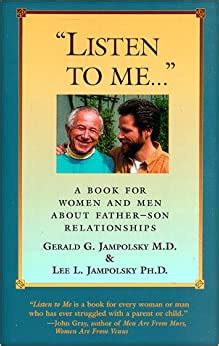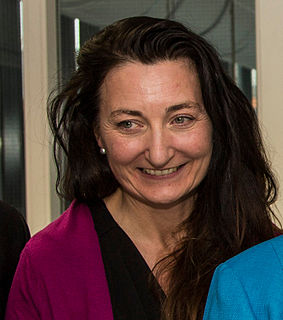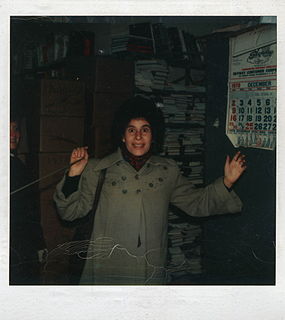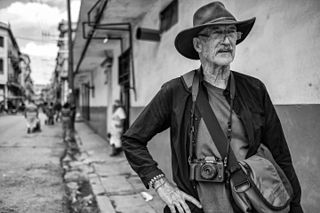A Quote by Lee L Jampolsky
Essentially, what the most important questions we can ever ask ourselves are, "Who am I? Who are we all? What do we share, and what is our purpose here? How do we discover meaning?" Addressing these questions is the core of Inspirational Psychology.
Related Quotes
If you don't put the spiritual and religious dimension into our political conversation, you won't be asking the really big and important question. If you don't bring in values and religion, you'll be asking superficial questions. What is life all about? What is our relationship to God? These are the important questions. What is our obligation to one another and community? If we don't ask those questions, the residual questions that we're asking aren't as interesting.
Science is very good at answering the 'how' questions. 'How did the universe evolve to the form that we see?' But it is woefully inadequate in addressing the 'why' questions. 'Why is there a universe at all?' These are the meaning questions, which many people think religion is particularly good at dealing with.
The great philosophers of the 17th and 18th centuries did not think that epistemological questions floated free of questions about how the mind works. Those philosophers took a stand on all sorts of questions which nowadays we would classify as questions of psychology, and their views about psychological questions shaped their views about epistemology, as well they should have.
Science, at its core, is simply a method of practical logic that tests hypotheses against experience. Scientism, by contrast, is the worldview and value system that insists that the questions the scientific method can answer are the most important questions human beings can ask, and that the picture of the world yielded by science is a better approximation to reality than any other.
The real questions are the ones that obtrude upon your consciousness whether you like it or not, the ones that make your mind start vibrating like a jackhammer, the ones that you "come to terms with" only to discover that they are still there. The real questions refuse to be placated. They barge into your life at the times when it seems most important for them to stay away. They are the questions asked most frequently and answered most inadequately, the ones that reveal their true natures slowly, reluctantly, most often against your will.
The search for the purpose of life has puzzled people for thousands of years. That’s because we typically begin at the wrong starting point—ourselves. We ask self-centered questions like What do I want to be? What should I do with my life? What are my goals, my ambitions, my dreams for my future? But focusing on ourselves will never reveal our life’s purpose.
Healing from our past is an essential aspect of expanding our sense of self and awakening our capacity to love. This shift often manifests as a change in the questions we've been asking ourselves. Instead of What do I need? we ask, How can I serve? Instead of What am I getting out of this? we start to ask, What can I bring to this situation to promote the highest possible outcome for everyone involved?


































